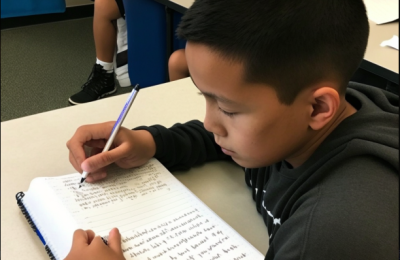Do you ever find yourself struggling to understand English spoken by native speakers? Do you feel like you’re missing out on opportunities to improve your English skills because you can’t comprehend what you’re hearing? If so, don’t worry – you’re not alone. Many English learners struggle with listening comprehension, but there are several techniques you can use to improve your skills and feel more confident when conversing with native speakers.
1. Practice Active Listening
Active listening means being fully engaged in the conversation and focusing on what the speaker is saying. This involves paying attention to both verbal and nonverbal cues, like body language and tone of voice. One way to practice active listening is to watch English-language movies or TV shows with subtitles, and try to pick up on the nuances of the language. You can also listen to English-language podcasts or radio programs and take notes on what you hear.
2. Build Your Vocabulary
In order to understand what you’re hearing, you need to have a strong foundation of vocabulary. Make sure you’re regularly studying new words and reviewing old ones. One way to do this is to keep a vocabulary journal, where you write down new words and their definitions, along with any relevant examples or usage notes.
3. Get Familiar with Different Accents
English is spoken with many different accents around the world, and it’s important to be able to understand them all. To get familiar with different accents, try listening to speakers from different regions, watching TV shows or movies set in different locations, or even traveling to English-speaking countries and practicing your listening skills in real-life situations.
4. Practice with Native Speakers
One of the best ways to improve your listening skills is to practice with native speakers. You can find language exchange partners online or in your local community, and practice having conversations with them. This will help you get used to the rhythms and patterns of natural English speech, and will also give you the opportunity to ask questions and get feedback on your language skills.
In conclusion, improving your English listening skills is a process that takes time and effort, but it’s well worth it. By practicing active listening, building your vocabulary, getting familiar with different accents, and practicing with native speakers, you’ll be able to understand English more easily and communicate more effectively. So don’t be afraid to put in the work – your language skills will thank you for it!
If you’re looking for more guidance on how to improve your English skills, consider checking out Light Memory Education, where we offer a variety of resources and courses designed to help language learners at all levels. Visit our website for more information and start your journey to fluency today!





